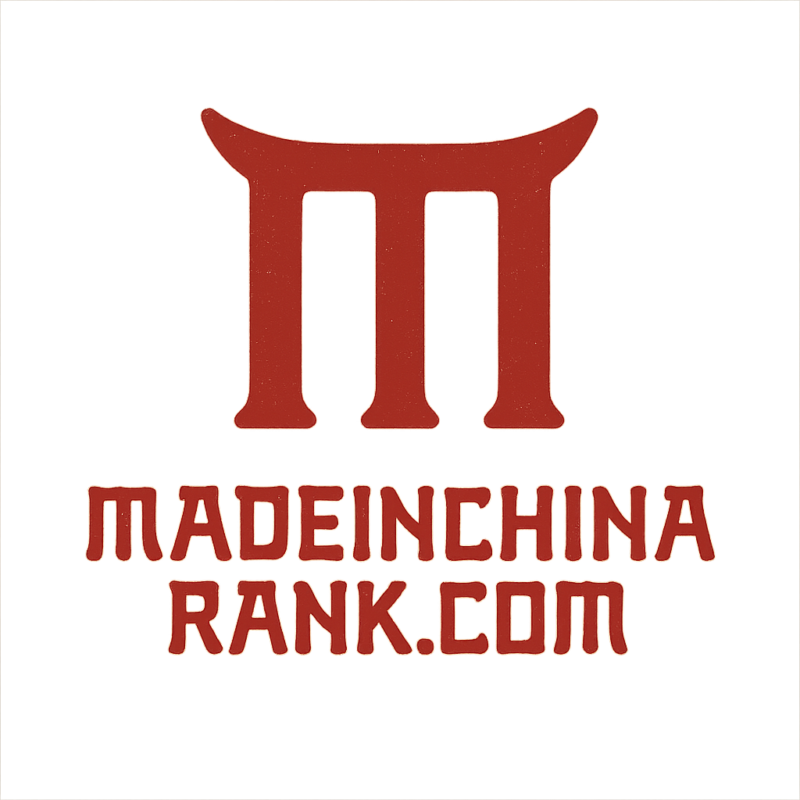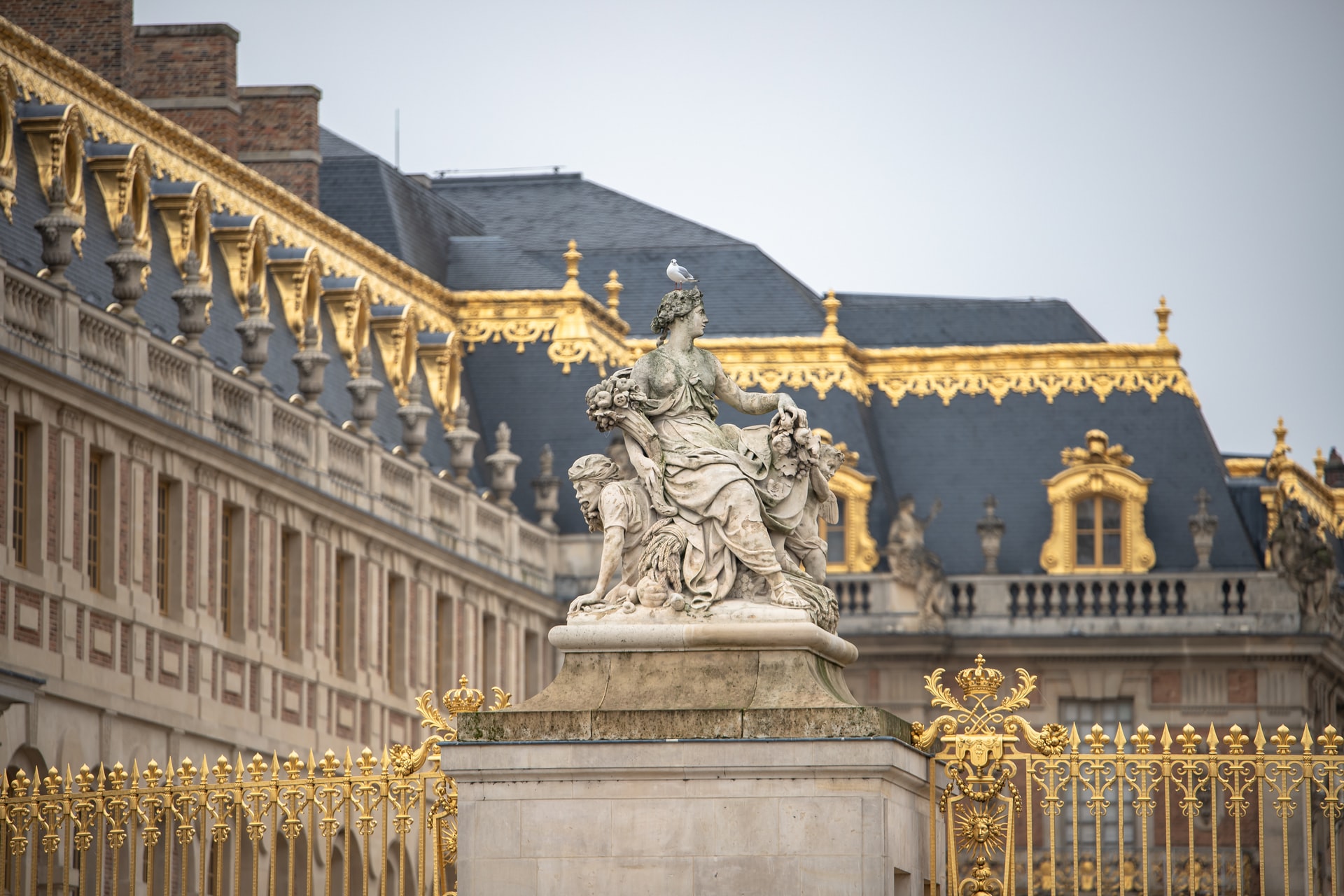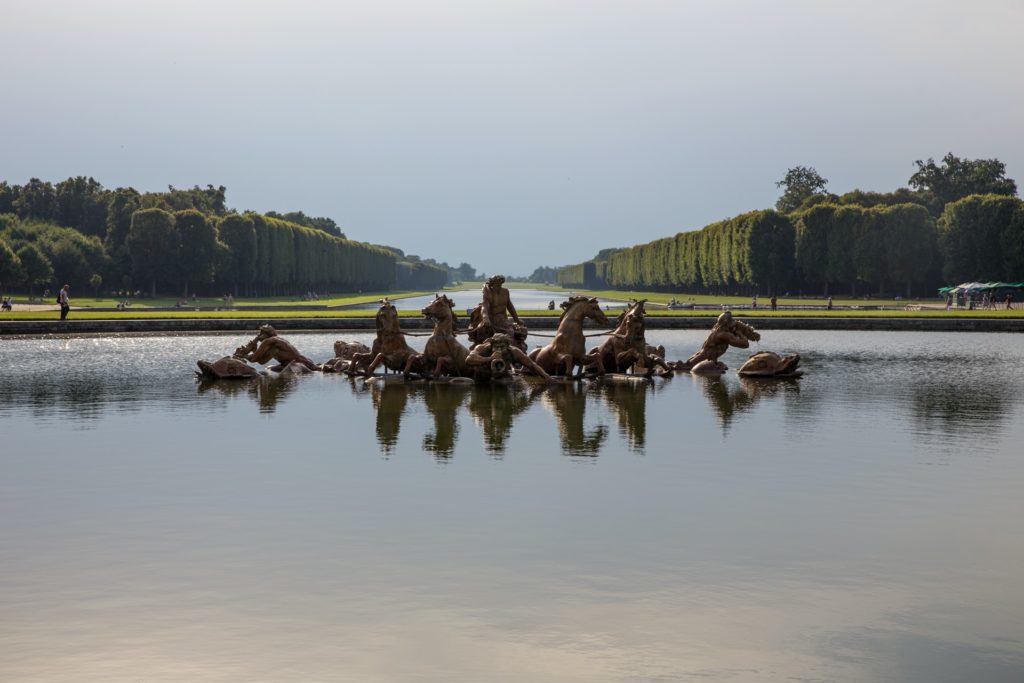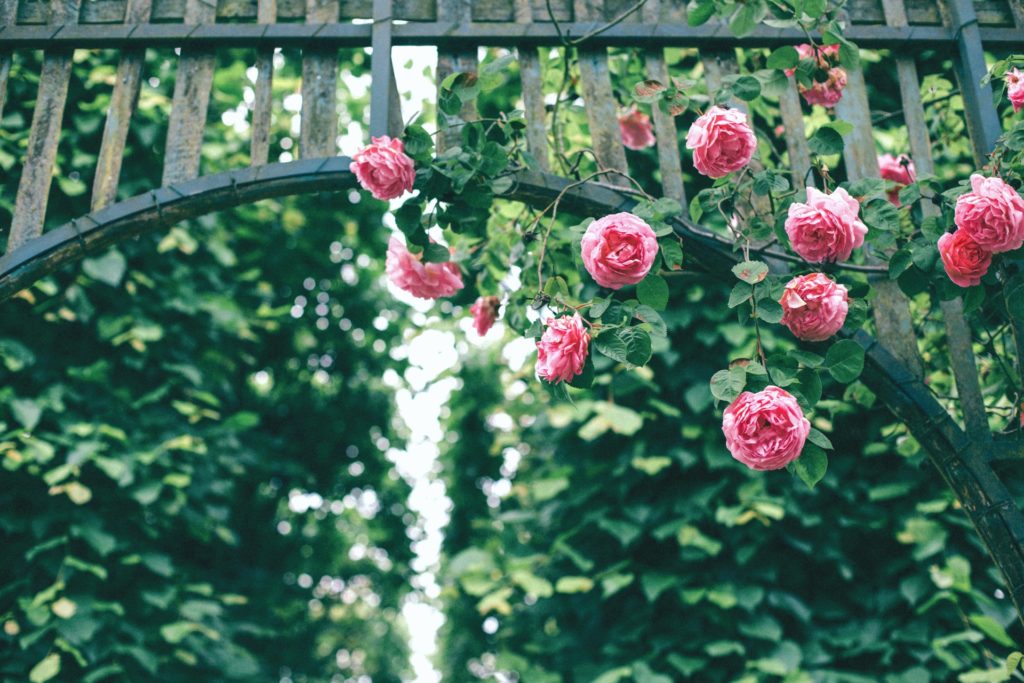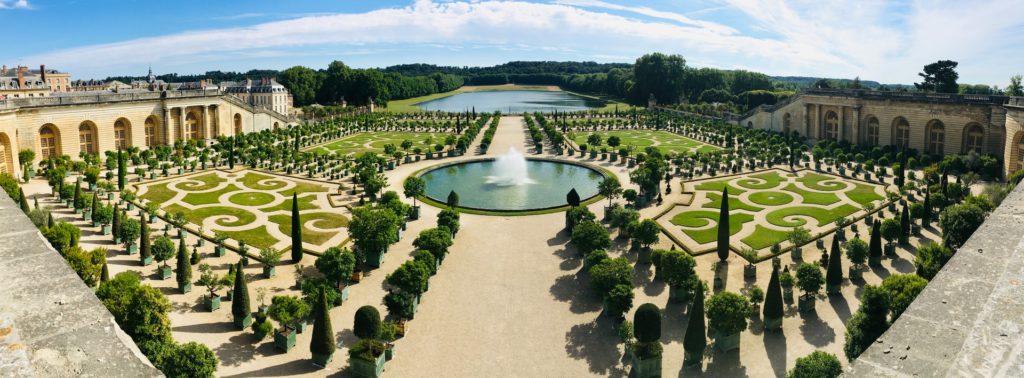Versailles(Fanersai) literature, short for Fanxue, is an online buzzword; it is also a language form in which language users express dissatisfaction or inadvertently show their superiority to the outside world through euphemism.
“Versailles literature” is officially defined as people who live a noble and luxurious life, and want to inadvertently reveal their superior life through some reverse expressions, generally used to ridicule, referred to as “Fan Xue“, using “Fan Xue” for short. ” are called “mortals”. This exaggerated way of self-expression has three elements: first suppressing and then promoting, light and dark praise and criticism; self-questioning and self-answering; flexible use of the third-person perspective.
Versailles(Fanersai) Literature Origin:
The origin of the name “Versailles(Fanersai) Literature” is related to Versailles. Before the Middle Ages, Versailles(Fanersai) was little more than a small village outside Paris. But in the 17th century, in order to weaken the power of local nobles, King Louis XIV of France built a luxurious palace in Versailles and invited nobles to live in Versailles to avoid noble rebellion. The Palace of Versailles is known as one of the five major palaces in the world, with a magnificent and magnificent appearance. The French aristocrats who lived there naturally lived a life of luxury and luxury. The comic “Rose of Versailles” created by Japanese cartoonist Riyoko Ikeda took the Palace of Versailles as the location. It became popular in Japan and was later adapted into animation, live-action film, and stage play. She described the luxurious life of the nobles in the Palace of Versailles in the book. . Although the Palace of Versailles is luxurious enough, it is not practical. There is no bathroom in hundreds of rooms, and all nobles have to get up and leave the palace to wash and excrete.
In a sense, Versailles(Fanersai) is also synonymous with flashy. Therefore, “Little Milk Ball”, the founder of “Versailles Literature”, uses it to refer to the “nobles” on social software, mocking their seemingly careless but twisted and deliberate show-off remarks.
Why it is Popular:
In May 2020, Weibo-certified blogger @小奶球 gave a detailed explanation of Versailles literature, and “Southern Weekend” called him the founder of “Fan Xue” (the abbreviation of Versailles Literature). Netizen Xiao Naiqiu said that she initially noticed this phenomenon because her friends complained to her. Some people describe the high-end hotels, luxury goods, and red wines they enjoy on social platforms every day. There is a “light” sense of superiority between the lines.
The Japanese manga “The Rose of Versailles” depicts the luxurious life of the nobles at the Palace of Versailles in France at the end of the 18th century. This discourse mode of “showing off in a low-key way” is called “Versailles literature”. Netizens summed up the three elements of Versailles literature: “First suppress and then promote, openly criticize and secretly praise; self-question and self-answer; flexibly use the third-person perspective to praise oneself through the mouths of others.”
The one who really detonated the Versailles literature to the Internet was the Weibo blogger @menqiqi77, who shared her luxurious and loving marriage life in Beijing on Weibo, and the “Versailles” factor aroused discussions among netizens. For example, Meng Qiqi wrote on Weibo, “I went to the villa area for the first time three years ago, Xixi Rongzhuang, Hangzhou, and asked which floor my aunt lived in? She said impatiently, there are not a few floors, but only a few floors.
There are several buildings in the district, and one is my home! Later, I changed to a villa in Beijing, and the population declared. The staff said that the address should be completed, accurate to a few tenths. I said softly, I’m sorry, you can take a look. He sees I looked at it and said, ah, the villa area, I’m sorry. I said it doesn’t matter, I didn’t know it before.” It just shows this kind of “low-key show” that pretends to be inadvertent. For a time, the “Versailles” body became the object of everyone’s imitation. The “Versailles Research Group” on Douban has reached 40,000 people, and Versailles Literature has received 168,000 discussions and 860 million views on Weibo, attracting 2.4 Thousands of people to participate in the original. In this way, “Versailles literature” spread rapidly under the impetus of the Internet and entered people’s verbal communication.
How to Use it?
“Versailles literature” is a new word born in the Internet environment. Although it uses the original vocabulary materials “literature” and “Versailles” in modern Chinese, it forms a formal phrase according to the traditional combination of words, but Not the simple addition of “Versailles” and “literature”. Because its semantic meaning is clearly a certain phenomenon, the meaning is relatively fixed.
The phenomenon of “pretending to be low-key but showing off” has always existed in life. Later, through the laws of people’s thinking and association, the “Versailles” with the aristocratic atmosphere was connected with the behavior of showing off a luxurious life, and finally “Versailles literature” was formed. unique discourse patterns. If “Versailles” was originally an accidental phenomenon, then the behavior of netizens to create large-scale mortal studies according to the three elements of Versailles literature is a deliberate behavior.
The scope of application of the word “Versailles literature” is constantly expanding. It has expanded from the luxurious and rich life field to all fields of society, from simply showing off wealth to the casual “superiority” displayed in all fields. In the word “Versailles literature”, the core concept of “Versailles” is continuously condensed.
The sentimentality of the term “Versailles literature” has also changed. At first, Versailles literature simply referred to a rather aristocratic description of life. Netizen Xiao Niiqiu described it as “a free and unrestrained way of expression”, but after Meng Qiqi77’s Weibo content became popular on the Internet, The derogatory color of words has increased, netizens are competing to imitate and create, and major media have spoken out to criticize their unhealthy value orientation. You Yongheng (2020) said that the psychology of “Versailles” and “local tyrants” when showing off their wealth is essentially the same. When the scope of application of the word is expanded, it gradually has the meaning of self-joking, and the color is also enriched.
“Versailles literature” originally only referred to discourse expressions with show-off elements. After the popularity of the Internet, the number of users expanded and the frequency of use increased. The meaning of the word itself is constantly changing. If “Versailles literature” is a simple noun, then “Versailles”, which was born out of this, has gradually evolved into another world with more vitality. It bears the core of the meaning of “Versailles literature” in the early days of its origin, entered the field of public communication, and derived many other words. It is common in the form of “Versailles + noun”, such as “Versailles people”, “mortal body”, “moral language”, etc., or in some popular language expression structures on the Internet, such as “Versailles Bensailles”, in some cases, The word “Versailles” has even directly entered daily language communication, such as “You are really good at Versailles!” Here, it may be regarded as a phenomenon in which nouns are used as adjectives, such as “very Chinese, very Chinese,” in modern Chinese. Very lady”, in Modern Chinese edited by Huang Borong and Liao Yudong, regards it as flexible use of parts of speech.
Comment:
Although “Versailles literature” is flashy, strong on the outside, and hard on the inside, it has not contributed substantial force to the progress of a certain field, and even reflects a hysterical luxury and a sense of discomfort that goes against logic, but it is also a reflection of contemporary people’s living conditions and psychological levels. It is the embodiment of new social interaction and cultural dissemination, which can open up new fields for the diversity and richness of world culture.
- by American philosopher Douglas Kellner
This product is perfect for anyone looking to learn more about the Chinese language and culture. “What Does Versailles(Fanersai) Mean in Chinese?” provides an in-depth look at the meaning of this popular French word in Chinese. With this product, you’ll gain a better understanding of the language and its nuances, as well as the cultural implications of the word. Get your copy today and start learning more about the Chinese language and culture!
